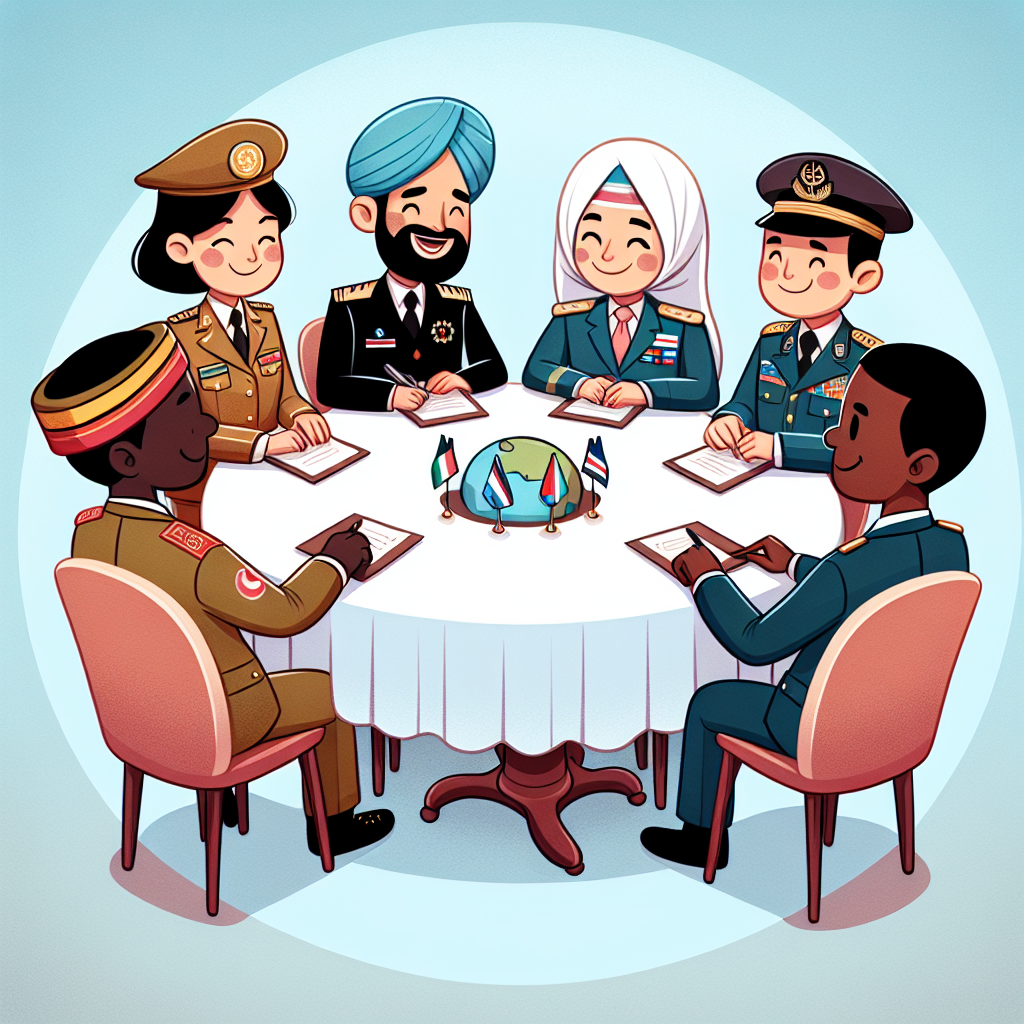Diplomacy Over Conflict: US Stresses De-escalation in India-Pakistan Tensions
Amid rising tensions between India and Pakistan, the US emphasizes diplomatic efforts over involvement in potential conflict. Vice President J D Vance, stressing the importance of de-escalation, underlines that the US cannot control the two nuclear powers but encourages direct dialogue to prevent a broader war.

Amid growing tensions between nuclear-armed neighbors India and Pakistan, the US has firmly stated it will not intervene militarily, considering the potential conflict ''fundamentally none of our business.''
Vice President J D Vance, in a recent TV interview, emphasized the importance of diplomacy and de-escalation between the two countries. Acknowledging the inability of the US to control either nation, Vance highlighted the need for ''cooler heads'' to prevail and avoid a nuclear confrontation.
The situation has intensified following a terrorist attack in Pahalgam, India, leading to military responses from both sides. US Secretary of State Marco Rubio has engaged in talks with Indian and Pakistani leaders, urging them towards dialogue and denouncing support for terrorism.
(With inputs from agencies.)
- READ MORE ON:
- US
- India
- Pakistan
- tensions
- diplomacy
- nuclear
- de-escalation
- Vice President Vance
- Marco Rubio
- terrorism
ALSO READ
UK Parliament Urges Diplomacy Amid India-Pakistan Tensions
Summit Diplomacy: China Courts Southeast Asian and Arab Nations Amid U.S. Trade Tensions
Echoes of Conflict: Rising Tensions Between Nuclear Neighbors
Escalating Tensions: Drones and Denials Between Nuclear Neighbors
Kremlin Diplomacy: A Historic Meeting Amid Global Tensions










